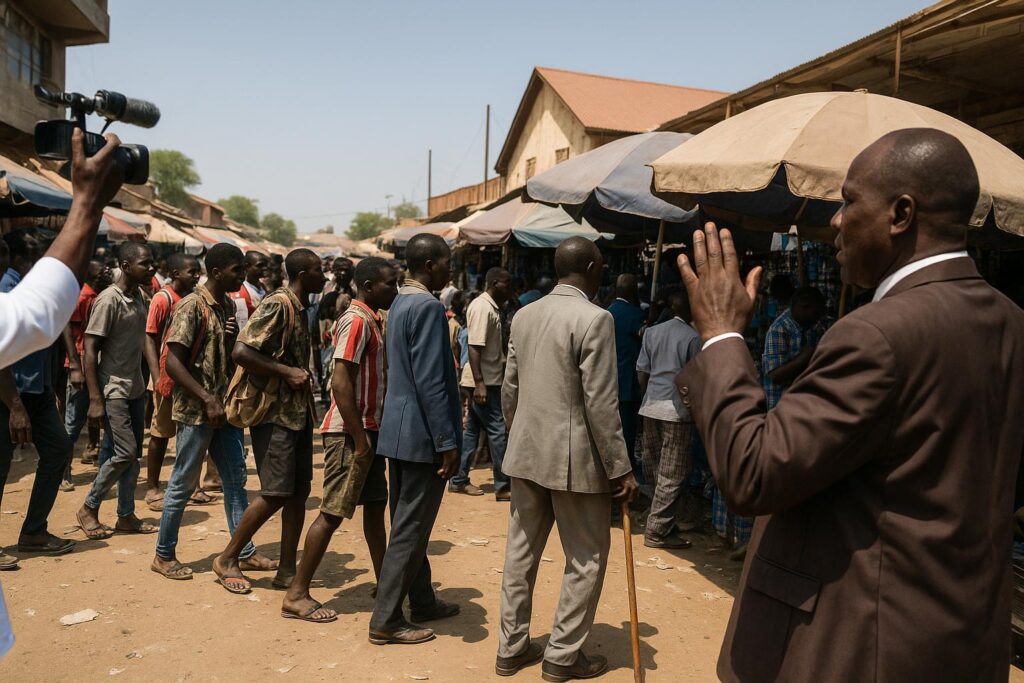Women Vendors Decry Heavy Levies
At a crowded training launch in Juba, Social Welfare Director Omar Sherif El Deen warned that rising municipal fees are choking the livelihoods of roadside tea sellers and market women.
He urged city officials to rethink the current tariff schedule, calling it disproportionate for workers who often earn just enough to feed their households.
Economic Ripple Effects on Families
Many vendors, El Deen noted, are single parents sustaining extended relatives in rural areas. Any further squeeze could push entire families below the poverty line.
Research by local NGOs shows that a small stall can support up to eight dependents, making the policy debate critical for community stability.
Harassment Claims Stir Public Outcry
Beyond fees, traders allege routine evictions and confiscations during enforcement drives. El Deen called the practice “counter-productive”, arguing that it erodes trust between citizens and municipal officers.
Witnesses at the event recounted dawn raids that scattered stock and left women paying additional fines to recover goods.
Accessibility for Persons with Disabilities
The Director also spotlighted steep shop entrances that exclude customers with disabilities. Inclusive ramps, he said, are both a legal duty and a smart business move.
Advocates in Juba warn that without clear building guidelines, the city risks cementing inequality in its fast-growing retail sector.
City Hall’s Response and Next Steps
Officials present promised to relay the concerns to Mayor Michael Lado Allah-Jabu. A spokesman later told reporters that a review committee will “balance revenue needs with social wellbeing”.
Civil society groups welcomed the statement but pressed for timelines and transparent consultations with female entrepreneurs.
Calls for Gender-Sensitive Urban Policy
El Deen closed by urging planners to designate safe, affordable kiosks in new marketplaces. He argued that nurturing informal trade could spur wider economic resilience across South Sudan.
As the debate widens, observers say dialogue between City Hall and grassroots traders may decide whether Juba’s streets become a launchpad for opportunity or a battleground over shrinking margins.


